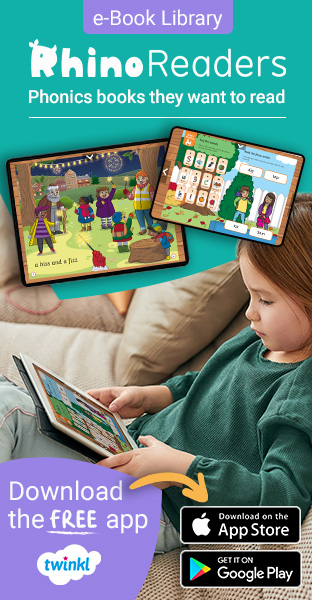
Top 5 Benefits of Family Mediation
Mediation is a process of dispute settlement and one of several alternatives to Court. Never heard of mediation. It has been with us from the time of Ancient Greeks.
In the UK, family mediation emerged in the voluntary sector during the 1970s and has now developed to become integral to the delivery of family law services and justice. Of the various alternatives to family court proceedings often referred collectively as non court dispute resolution or NDCR, mediation is immediately accessible enabling swift outcomes to allow participants to move on with their lives with the minimum of acrimony and expense.
A significant proportion of family lawyers also offer mediation. In recent years its popularity has increased exponentially; so much so that Judges are now empowered to order party to attend NCDR and if there is no meaningful engagement parties could find themselves at the wrong end of a costs order. Now anyone contemplating an application to Family Court is strongly encouraged to prioritise NCDR as a first port of call.
Mediation (as well as other forms of NCDR) may not always be appropriate in all cases and mediators all of whom are professionally qualified to mediate will assess suitability as part of the initial mediation process.
Why embark on family mediation?
Mediation has a proven success rate. Of 2000 cases surveyed by The Family Mediation Council surveyed during a 6 month period found that 50 % matters were settled successfully with a further 20% either not documenting their decision or reaching a partial agreement on some of their issues.
The benefits are myriad. Here are the top 5
Cost-Effective
Family mediation is generally more affordable than traditional court proceedings. Mediation avoids expensive legal fees, court costs, and prolonged litigation, making it a practical option for families seeking a resolution without financial strain.
Time-Efficient Process
Mediation is faster than the court process, which can take months or even years to resolve family disputes. Mediators work with the parties to reach a resolution on a flexible timeline, often leading to quicker agreements. Sessions are 90 minutes and the average number of sessions is 3 to 6.
Preserves Relationships
Mediation promotes open communication and collaboration, helping to maintain or repair relationships, especially when children are involved. It fosters a cooperative environment, reducing hostility and encouraging amicable resolutions that benefit all parties. The probability of an agreement enduring is higher that Court determined outcomes and participants are more likely to negotiate effectively between themselves and know they can return to mediate to review matters.
Customized Agreements
Unlike court rulings, which may impose rigid solutions, mediation allows families to create agreements tailored to their unique needs. As well settling matters mediation lends itself to supporting those entering relationships or who are keen to formalise agreements reached. Examples being arrangements for living together, co-parenting as well as pre or post nuptial agreements. This flexibility ensures that both parties have input into the terms, increasing satisfaction with the outcome.
Confidentiality and Privacy
Family mediation is an entirely private process, keeping sensitive personal matters out of the public record. This confidentiality encourages honest communication and protects the family’s reputation and privacy.
------------------------------------
Lloyd Platt Mediation offers an initial one off assessment consultation known as a MIAM to help you to decide if mediation is appropriate.












